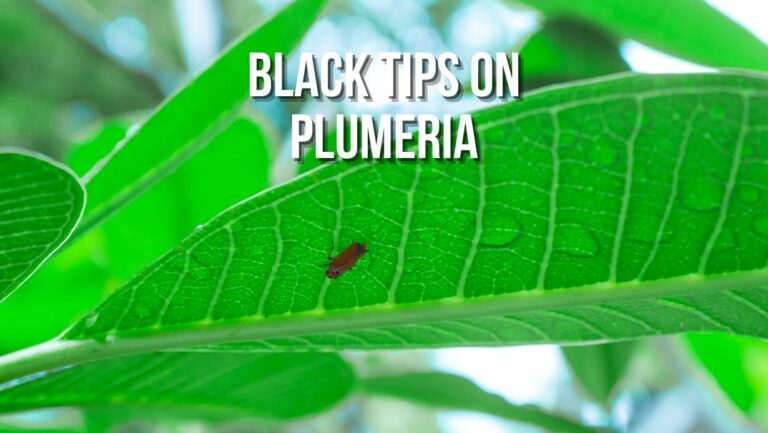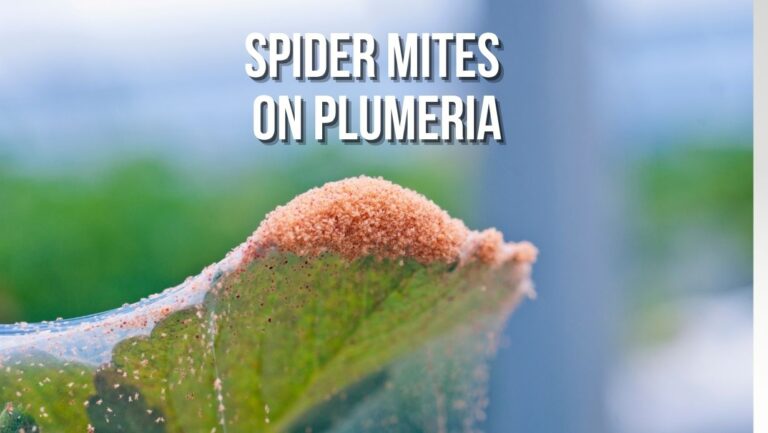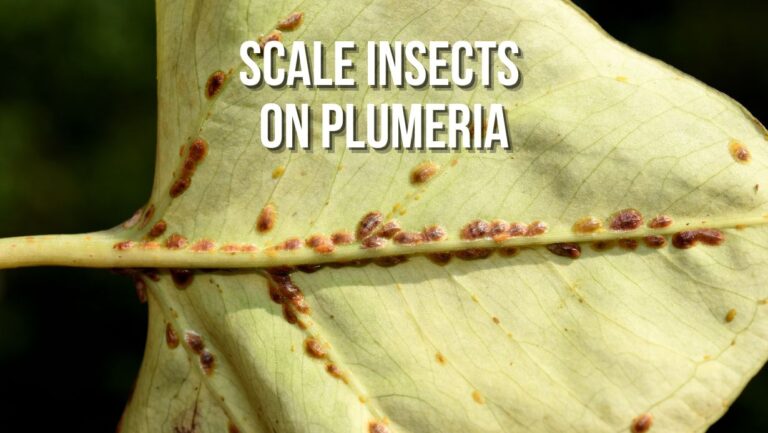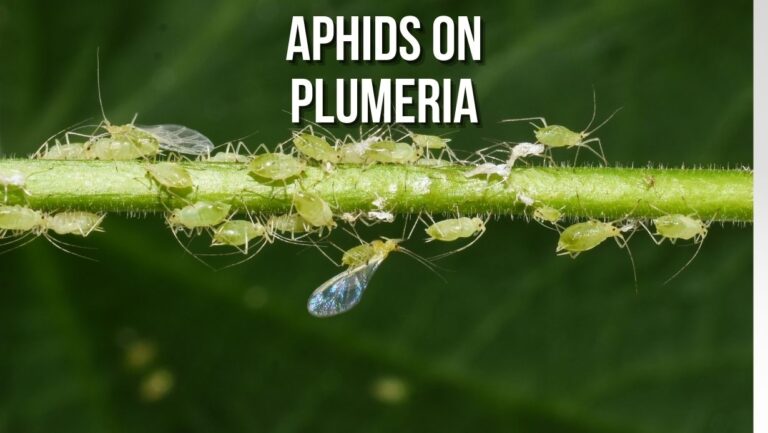
Plumeria is a prized addition to gardens and landscapes with its vibrant blooms and enchanting fragrance. However, like many plants, Plumeria can be vulnerable to pest infestations. One such pest that can pose a threat to Plumeria is the grasshopper. In this article, we will explore the causes of grasshopper infestation on Plumeria, methods of treatment, and preventive measures to protect your plants.
Causes of Grasshopper Infestation
Grasshoppers are voracious eaters and can quickly cause damage to Plumeria plants. Here are some factors that can contribute to grasshopper infestation:
- Vegetation Availability: Grasshoppers are attracted to areas with abundant vegetation, including Plumeria plants. If there are neighboring plants or weeds that serve as a food source for grasshoppers, they may be more likely to infest your Plumeria.
- Environmental Conditions: Grasshopper populations tend to thrive in warm and dry conditions. Drought or hot weather can create favorable conditions for grasshoppers to reproduce and multiply, increasing the risk of infestation.
- Lack of Natural Predators: If there is a lack of natural predators, such as birds or predatory insects, in your garden, grasshopper populations may go unchecked, leading to infestations.
Treatment of Grasshopper Infestation
If you notice a grasshopper infestation on your Plumeria plants, taking prompt action can help minimize the damage. Here are some treatment methods:
- Manual Removal: If the infestation is limited, manually removing the grasshoppers from your plants can be effective. Use a gloved hand or a small container filled with soapy water to collect and dispose of the grasshoppers.
- Barriers and Traps: Creating physical barriers or using traps can help protect your Plumeria plants. Install row covers or netting around the plants to prevent grasshoppers from reaching them. Additionally, you can set up sticky traps or bait traps to attract and capture grasshoppers.
- Natural Predators: Introducing natural predators of grasshoppers, such as birds, to your garden can help control their population. Attracting insectivorous birds by providing birdhouses, feeders, and suitable habitat can be beneficial.
- Insecticidal Sprays: In severe infestations, insecticidal sprays formulated for grasshopper control can be used. However, exercise caution and follow the instructions on the product label carefully to avoid harming beneficial insects or pollinators.
Prevention of Grasshopper Infestation
Preventing grasshopper infestations is key to maintaining the health of your Plumeria plants. Here are some preventive measures:
- Garden Hygiene: Maintain good garden hygiene by removing weeds and debris regularly. Grasshoppers are attracted to weedy areas, so keeping your garden clean and tidy can discourage them from settling in.
- Plant Selection: Choose plant species, including companion plants, that are less attractive to grasshoppers. Research and select Plumeria cultivars that may be more resistant to grasshopper damage.
- Physical Barriers: Install physical barriers, such as fences or netting, around your garden to create a barrier that hinders grasshopper movement into your Plumeria plants.
- Diversity and Companion Planting: Plant a diverse range of plant species in your garden to attract beneficial insects that prey on grasshoppers. Companion planting with herbs like cilantro, dill, or fennel can help repel grasshoppers due to their strong scents.
- Natural Repellents: Consider using natural repellents, such as neem oil or garlic-based sprays, to deter grasshoppers from feeding on your Plumeria plants. These repellents can create an unfavorable environment for grasshoppers without harming beneficial insects.
Best insecticides for Grasshopper on plumerias
When it comes to choosing an insecticide for grasshoppers on Plumerias, it’s essential to consider options that are effective against grasshoppers while also being safe for your plants. Here are a few insecticides commonly used for controlling grasshopper infestations on Plumerias:
- Spinosad: Spinosad-based insecticides are considered effective against grasshoppers and have low toxicity to humans, pets, and beneficial insects. They work by targeting the nervous system of grasshoppers, leading to their demise. Follow the product instructions and safety guidelines carefully when using spinosad-based insecticides.
- Neem Oil: Neem oil is a natural and organic insecticide derived from the neem tree. It acts as a repellent and disrupts the feeding and growth of grasshoppers. Neem oil is considered safe for humans, pets, and beneficial insects when used as directed.
- Pyrethrin: Pyrethrin-based insecticides are derived from the chrysanthemum flower and are effective against various pests, including grasshoppers. They work by targeting the nervous system of insects. While pyrethrin is generally considered safe for humans and pets, it can be toxic to beneficial insects, so use it sparingly and with caution.
- Carbaryl: Carbaryl is a broad-spectrum insecticide that can be effective against grasshoppers. It is available in various formulations such as dusts, sprays, or granules. Take care when using carbaryl, as it can also harm beneficial insects and other non-target organisms. Follow the instructions on the product label and take necessary precautions.
Summary
Before using any insecticide, it’s crucial to read and follow the instructions, warnings, and safety guidelines provided by the manufacturer. Be mindful of the potential impact on beneficial insects, pollinators, and the environment. Consider using the least toxic option first and only escalate to stronger insecticides if necessary. If unsure, consult with a local gardening expert or extension service for specific recommendations based on your region and circumstances.
Remember, maintaining a healthy garden ecosystem with diverse plantings, good hygiene practices, and natural predators can also help keep grasshopper populations in check.
By implementing these preventive measures and promptly addressing grasshopper infestations, you can protect your beautiful Plumeria plants from damage and ensure their healthy growth.




